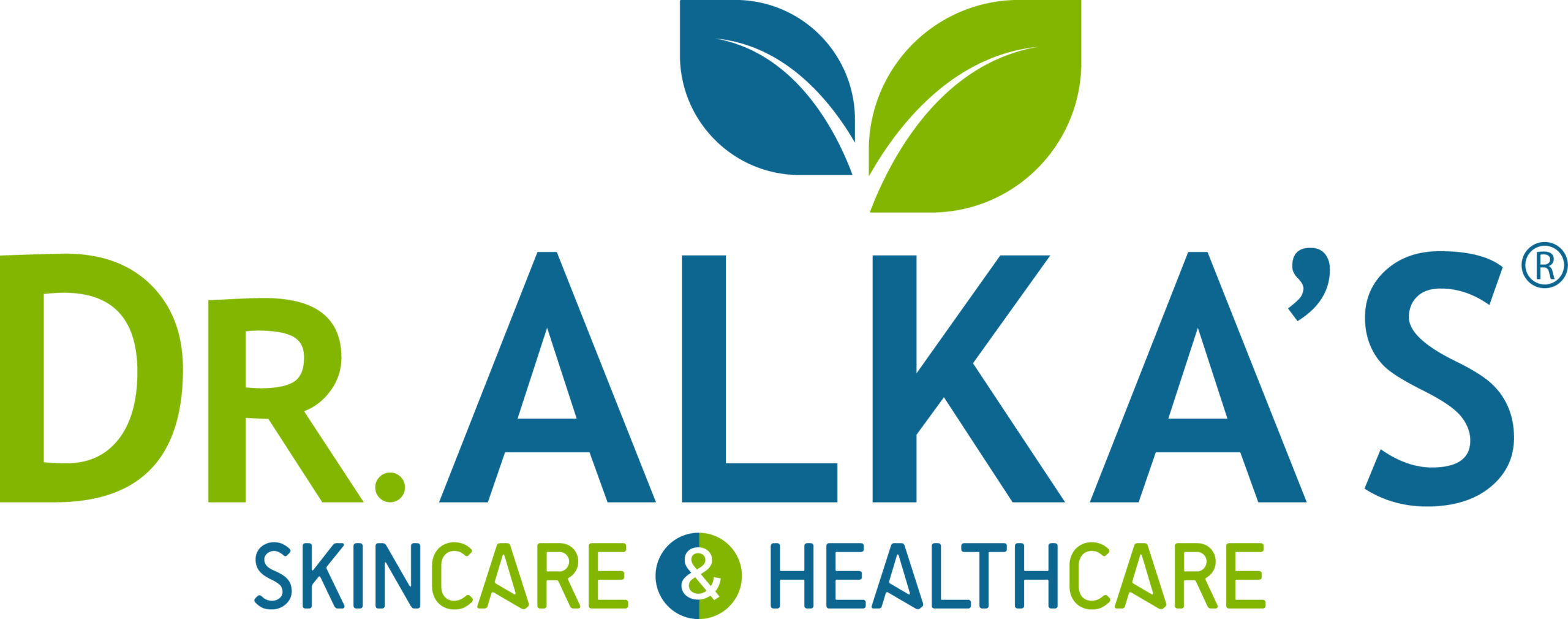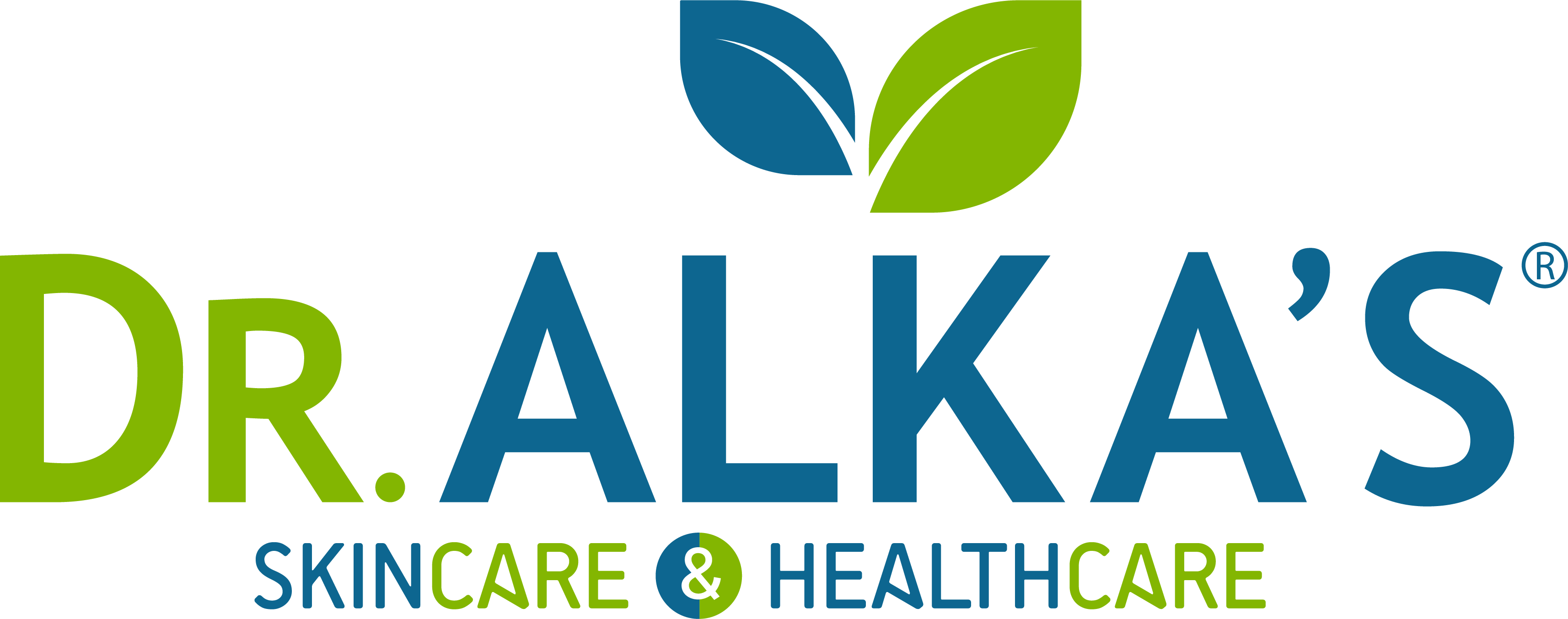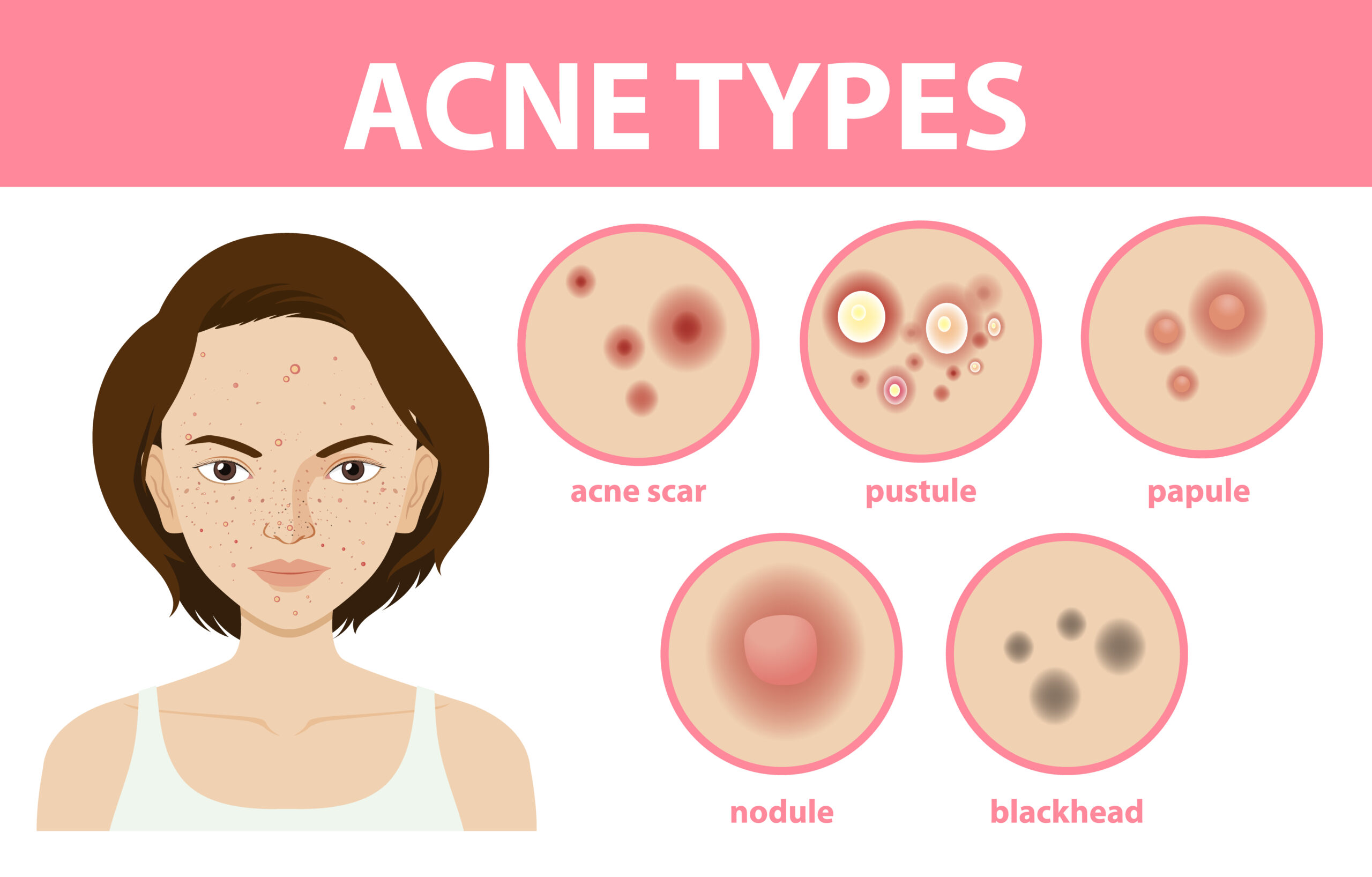Understanding Acne: Causes, Symptoms, and Effective Treatments
Introduction
Acne is one of the most common skin conditions, affecting people of all ages. While typically associated with adolescence, acne can persist or even appear in adulthood. Understanding its causes and treatment options is essential for effective management and prevention. In this article, we’ll explore everything you need to know about acne, from symptoms to treatment solutions.
Table of Contents
- What is Acne?
- Common Causes of Acne
- Symptoms and Types of Acne
- Treatment Options for Acne
- Preventing Acne Flare-Ups
- When to Seek Dermatological Help
- What is Acne?
Acne is a skin condition that occurs when hair follicles become clogged with oil and dead skin cells, leading to pimples, blackheads, or whiteheads. It commonly appears on the face, back, shoulders, and chest. - Common Causes of Acne
Several factors contribute to acne, including:
- Hormonal Changes: Particularly during puberty or pregnancy.
- Excess Oil Production: Overactive sebaceous glands lead to clogged pores.
- Diet and Lifestyle: Sugary foods and stress can exacerbate acne.
- Genetics: Family history plays a role in susceptibility to acne.
- Improper Skincare: Using oily or comedogenic products can worsen breakouts.
- Symptoms and Types of Acne
Acne varies in type and severity:
- Whiteheads: Small bumps under the skin, closed and non-inflammatory.
- Blackheads: Open pores clogged with dead skin cells and oil.
- Papules and Pustules: Red, inflamed spots, sometimes containing pus.
- Cysts and Nodules: Severe acne that forms painful, large lumps under the skin.
- Treatment Options for Acne
Managing acne often requires a combination of treatments:
- Topical Treatments: Retinoids, benzoyl peroxide, and salicylic acid are common.
- Oral Medications: For severe cases, antibiotics or hormonal treatments may be prescribed.
- Lifestyle Changes: Eating a balanced diet, avoiding stress, and proper hydration.
- Professional Treatments: Chemical peels, microdermabrasion, and laser therapy can help.
- Preventing Acne Flare-Ups
Preventing acne involves consistent skincare and lifestyle adjustments:
- Cleanse Twice Daily: Use a gentle cleanser to remove oil and dirt.
- Avoid Touching Your Face: Reduces the spread of bacteria.
- Choose Non-Comedogenic Products: Helps prevent clogged pores.
- Stay Hydrated: Proper hydration can keep skin balanced.
- When to Seek Dermatological Help
If your acne persists despite over-the-counter treatments, or if it causes significant discomfort, consult a dermatologist. Severe acne may require prescription medications or advanced treatments for effective results.
Conclusion
While acne can be challenging to manage, understanding its causes and exploring treatment options can help you find relief. Whether you’re dealing with mild or severe acne, a consistent skincare routine and professional guidance can make a difference.


